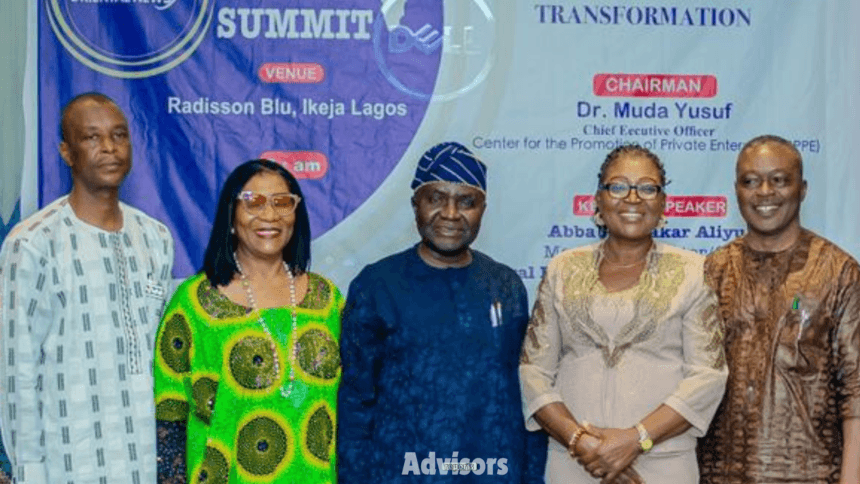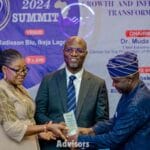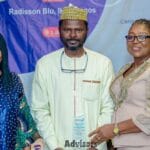This was part of the observations raised by the Keynote Speakers on the theme: “Green Economy, Sustainable Growth and Infrastructure Transformations,” during The Oriental News 2024 Summit, held in Lagos on Thursday.
Abba Aliyu, Acting Managing Director/Chief Executive Officer of the Rural Electrification Agency (REA) of Nigeria, in his address, emphasized Nigeria’s pivotal moment to harness its abundant renewable resources to improve the livelihoods of its citizens.

According to the REA boss, the path to a sustainable energy future requires a collective approach from all stakeholders, including the government, private sector, and community.
Aliyu who was represented at the event by Engr. Dolapo Boyejo, said, “We must invest in renewable energy technology, strengthen our grid infrastructure, and promote efficiency.”
Aliyu therefore outlined the REA’s initiatives, including the Energizing Education Programme, now in its second phase, which aims to provide a minimum of 1 megawatt of power to universities.
He also emphasised the importance of capacity building, skills, and knowledge transfers necessary for participating in the green economy being built for the future.
“Let us come together to do our part in building a resilient and environmentally sustainable future,” the Acting REA MD urged.
Addressing the challenges faced by the private sector in renewable energy investments, Aliyu mentioned the ongoing $750 million World Bank grant.
“The idea is to partner with the private sector to disburse funds for the implementation of power to underserved and unserved electricity customers in Nigeria,” he said.
Aliyu further highlighted the problem where some private entities collect grants but fail to invest in the intended projects, emphasizing the need for accountability.
Dr. Muda Yusuf, Chief Executive Officer of the Centre for the Promotion of Private Enterprise, CPPE, in his keynote address, stressed that Nigeria should not be left behind in the global shift towards sustainable energy and energy transition.
He stated, “Our actions and activities have implications for sustainability. It is a subject characterized by multiple engagements and is a multi-sectoral issue.”
Yusuf acknowledged the economic concerns of citizens, such as inflation, but emphasized the necessity of preserving the economy for the present and future.
“We need to deepen our sustainability mindset and think about tomorrow,” he asserted.
He highlighted the global business community’s embrace of Environmental, Social, and Governance (ESG) principles as crucial to business models, noting that sustainability metrics are now essential alongside profit.
Dr. Yusuf called on all stakeholders to hold businesses and governance accountable for corporate responsibility and sustainable practices, underscoring the collective responsibility to drive policy and action towards achieving sustainability objectives.
Ugochukwu Amadi, National Chairman of the Association of Energy Correspondents of Nigeria (NAEC) in his keynote address emphasised the role of energy correspondents in Nigeria, community engagement, and actionable plans in promoting a sustainable future for the country.
The NAEC Chairman said, “Correspondents are dedicated to encouraging a climate and sustainable future that addresses global challenges.
He called on the government to create enabling infrastructure and green policies for sustainable climate resilience and adaptation.
Amadi stressed the need for community engagement in achieving food security and a green economy.
“We should go beyond theory and consider practicable steps that Nigeria needs to develop a green economy for shared wealth,” he urged.
The NAEC Chairman emphasized that Nigeria stands at a critical juncture in every sector of the economy and must seize opportunities to secure a sustainable future for the next generation and the commonwealth.



